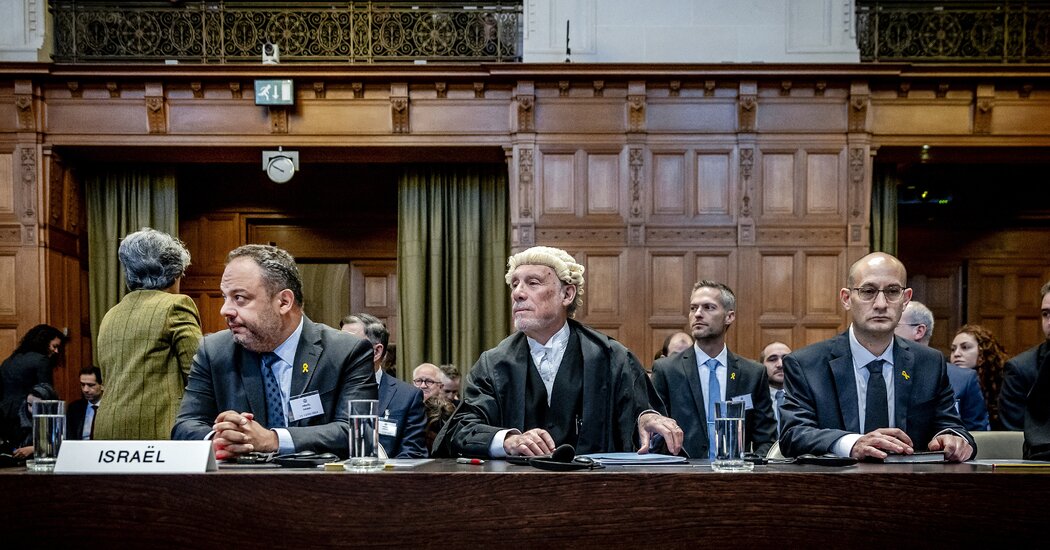- cross-posted to:
- world@lemmy.world
- cross-posted to:
- world@lemmy.world
Israel has declassified more than 30 secret orders made by government and military leaders, which it says rebut the charge that it committed genocide in Gaza, and instead show Israeli efforts to diminish deaths among Palestinian civilians.
The release of the documents, copies of which were reviewed by The New York Times, follows a petition to the International Court of Justice by South Africa, which has accused Israel of genocide. Much of South Africa’s case hinges on inflammatory public statements made by Israeli leaders that it says are proof of intent to commit genocide.
Part of Israel’s defense is to prove that whatever politicians may have said in public was overruled by executive decisions and official orders from Israel’s war cabinet and its military’s high command.
The court, the U.N.’s highest judicial body, began hearing arguments in the case this month, and is expected to provide an initial response to South Africa’s petition — in which it could call for a provisional cease-fire — as soon as Friday.



I know little of past wars, but you seem to know a little less.
In general, orders to play nice were given from the top because they needed the infrastructure kept intact as much as possible and make it cheaper to rebuild after. But those orders got diluted as they went down the command chain because there was no such thing as absolute control over an entire army.
And even if the orders were disobeyed, there wasn’t much punishment given after the fact in order to avoid the chance of rebellion.
So these orders can be factually correct, but also just paper to wipe their asses with.
I’m not talking about the difference between policies issued from the top and the behavior of soldiers in the field—I’m talking about the difference between public statements and secret orders.